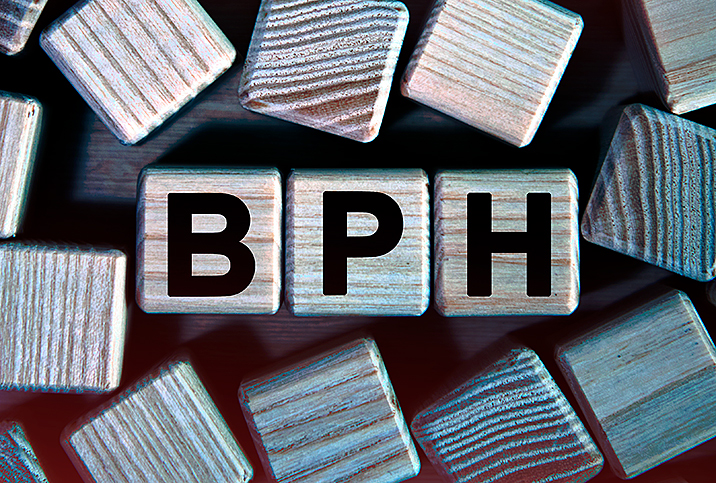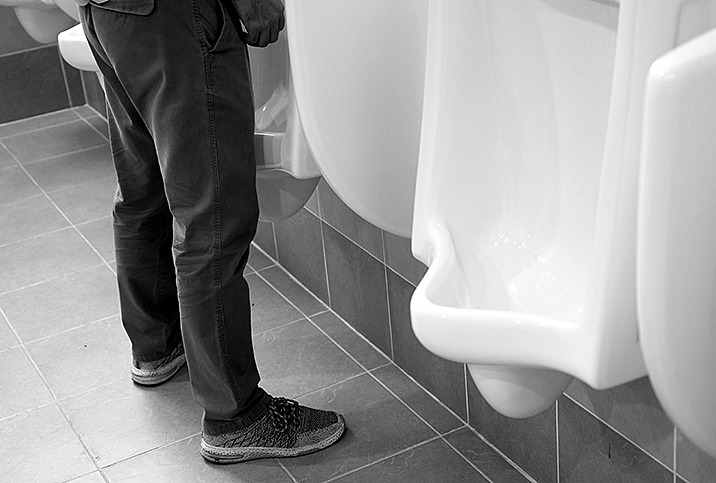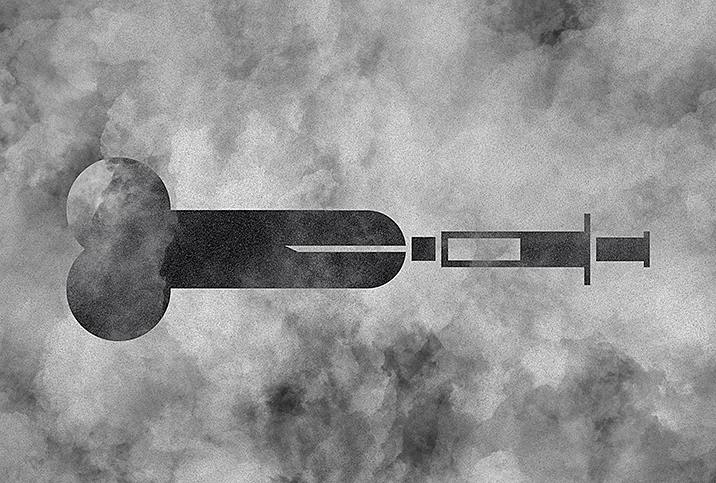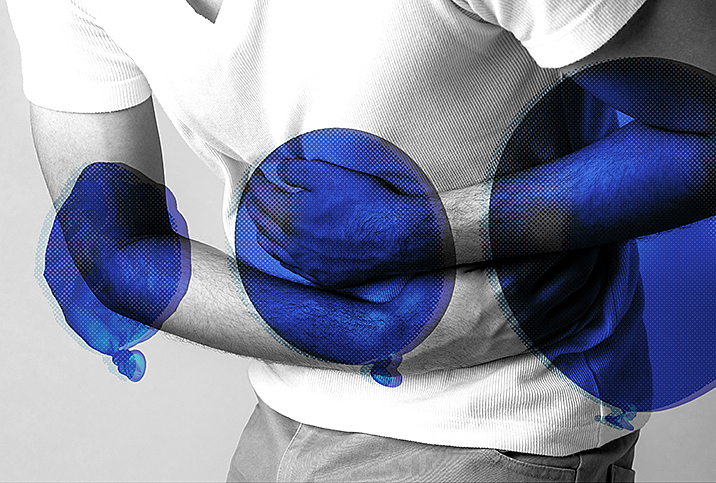It's Benign, but BPH Can Affect Your Day-to-Day Life

On the face of it, it seems like living with benign prostatic hyperplasia—also known as BPH, or an enlarged prostate gland—should be easy. After all, the word "benign" is right there in the name of the condition. Anytime something is defined by a term associated with "not cancer," that's a good thing, right?
Well, yes and no.
While it's true that not having prostate cancer is better than having it, for men with a newly diagnosed case of BPH, life is nonetheless bound to be a bit different than it was before. In some ways, life going forward might be more unexpected and challenging than many men anticipate.
Here are a few tips for dealing with BPH and living a relatively hassle-free existence with the condition.
Understanding BPH
An enlarged prostate is beyond ordinary for men as they get older—it's practically guaranteed.
According to Harvard Medical School, half of all men will have an enlarged prostate by the time they reach 50. If they're lucky enough to reach 80 years old, 90 percent of men will have BPH. So the first step in dealing with BPH is to realize that you're far from alone.
- Urgent or frequent need to urinate
- Getting up more often to pee at night
- Difficulty starting your stream
- Dribbling or weak urine stream that stops and starts
- Feeling like you can never empty your bladder
Despite the prevalence of BPH—and its near-inevitability—there are some ways you can mitigate its effects.
Practical tips for living with BPH
Living a full life with an enlarged prostate doesn't have to be burdensome, and it doesn't require significant sacrifices. It's mostly commonsense stuff that is a good idea for men at any time.
Stay active. Keeping in good physical shape has long been associated with reduced symptoms of BPH.
A study published in the Archives of Internal Medicine looked at the effects of exercise on men ages 40 to 75 who had BPH. The researchers hypothesized that since sympathetic nervous system activity is associated with increased BPH symptoms, and physical activity decreases this type of nervous system activity, exercise might help men with BPH. They found that even mere walking—as little as two to three hours per week—led to a 25 percent lower risk of total BPH.
Reduce stress. Men who are more stressed and anxious tend to feel the need to urinate more frequently. Incorporate stress-busting techniques, such as exercise, meditation, deep-breathing techniques and talk therapy into your daily or weekly routine. Keep in mind that addressing anxiety and stress can have a positive impact on your sex life, as well.
Empty your bladder completely. When you go to the bathroom, take the time to empty your bladder thoroughly or at least try. Feeling rushed or embarrassed and cutting yourself off prematurely only makes the need to urinate again arise sooner.
Avoid beverages, especially alcohol and caffeine, after 8 p.m. Stop drinking fluids a good while before you go to bed to reduce middle-of-the-night trips to the toilet. In particular, cut off your caffeine and alcohol intake at night. Drinks with either substance affect the muscle tone of the bladder and prompt the kidneys to produce more urine, according to Harvard Medical School.
Talk with your doctor about your meds. Certain prescriptions and even over-the-counter medications can aggravate BPH symptoms and cause you to pee more often. Your doctor can often recommend alternatives that may diminish the issue.
Be aware that erectile dysfunction (ED) has been linked to lower urinary tract symptoms (LUTS). Some researchers have proposed a link between ED and LUTS. Although a direct causal link has yet to be established, papers such as one published in the International Journal of Clinical Practice point to a strong correlation. The researchers go so far as to suggest that patients presenting with either condition should also be screened for the other.
Conclusions
Benign prostatic hyperplasia is a condition that statistically affects the overwhelming majority of men after they reach a certain age.
But there are plenty of ways to combat the worst of the symptoms and live a normal, happy life by adapting some simple behavioral changes. Make healthy, smart choices and frequently check in with your doctor to be sure you're adopting the best practices, and BPH will be little more than a blip on your radar.

















